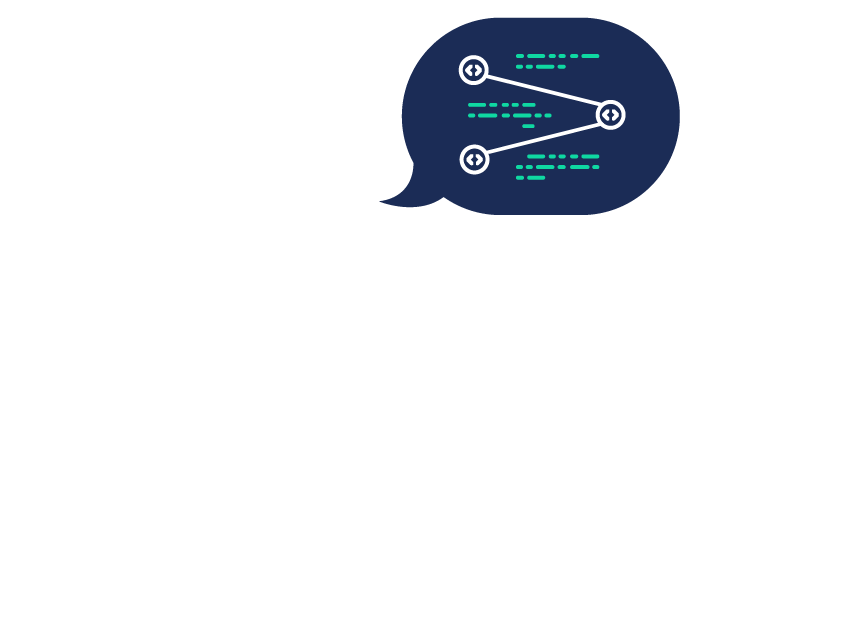
Microsoft Fabric
Stay ahead of the competition with Microsoft Fabric and its unified data platform.


We support you in every phase of your Microsoft Fabric transformation
Our consultants are familiar with the entire Fabric stack and are also happy to advise you on questions regarding previous Azure products such as Azure Data Factory or Azure Synapse Analytics, and how you can integrate them into Microsoft Fabric.
As with all of our data platform consulting services, we support you in every decision-making and development phase:
- Evaluating Fabric for your company
- Planning a Fabric environment
- Restructuring and optimizing an existing Fabric environment
- Rolling out a Fabric environment
- Implementing new functionalities
- Operating Fabric components
- Software development in the context of Fabric
Fabric is a flexible and holistic all-in-one data platform that enables you to take collaboration in your company to a whole new level.
We accompany you on your journey to Microsoft Fabric.
Harness the potential of Microsoft Fabric and benefit from a scalable, high-performance, fully integrated data platform.
Arrange a free consultation with one of our experienced evoila experts.
Our services for you
- Use case evaluation
- Architecture design & review
- Migration to Fabric
- Creation of a POC with you
- Development and operation of data loading routes
- Consulting across the entire Azure and Microsoft ecosystem
- Certified experts for Fabric, Azure Data Engineering & Power BI
- Training for your employees
- Official Microsoft partner
Why Microsoft Fabric?
Microsoft Fabric is changing how companies manage, analyze, and use their data. As an all-in-one data platform, it brings together data warehouses, lakehouses, and eventhouses with powerful data engineering, data science, and analytics tools—all on a single, seamlessly integrated platform.
Your advantages at a glance:
- Increased efficiency: No more data silos, one central platform for everything
- Fast decisions: Real-time data for BI & machine learning
- Flexibility & scalability: Whether low-code, no-code, or custom development
- Seamless Power BI integration: Continue to use existing reports—without additional effort
Arrange a free initial meeting with our experts now.
>>Get advice now with no obligation
Contact us!
We’re here for you
"*" indicates required fields






